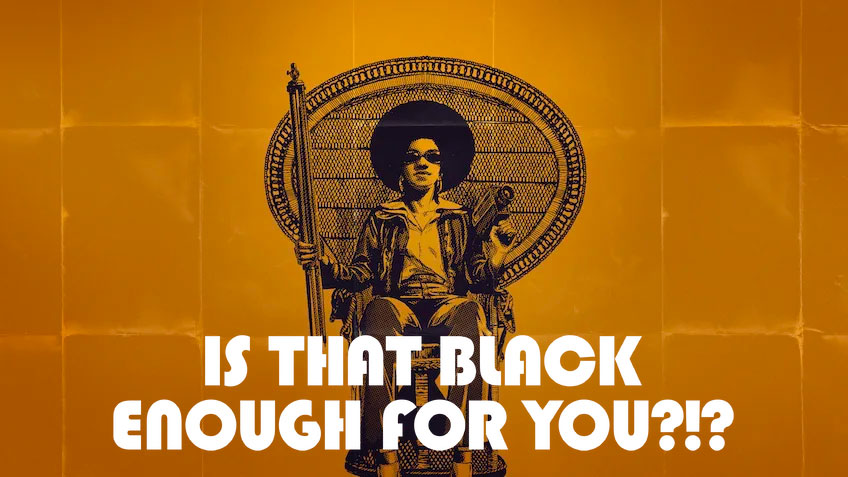A detailed examination of film history combines with the fervour of a true lover of the genre in the excellent documentary “Is That Black Enough for You,” which analyses the history of Black cinema up to and through one of its most significant chapters in the 1970s. This incredibly ambitious project, written, narrated, and directed by New York Times critic Elvis Mitchell, features interviews with legendary performers like Samuel L.Jackson.
Belafonte is merely a small portion of the narrative of Black people in media and in the industry that Mitchell’s writing elevates. The actual brilliance of this film, however, is in how skillfully it is put together; it shows how Micheaux leads to Poitier leads to Hayes and so on, rather than merely delivering highlights of cinema history. Movies are time machines to other centuries and visual history books, but it requires a guide like Mitchell to comprehend how these eras don’t exist in a vacuum and concurrently reflect and influence culture.
“Is That Black Enough for You” Naturally, the unafraid Mitchell doesn’t waste any time attacking the canon head-on, pointing out the pervasive racism in so many great movies and even kid-friendly cartoons. Nevertheless, despite his tone bordering on conversational, he is quite intentional in the way this video is put up from the very beginning, illustrating how creative revolutions may result from decisions that may have been taken decades before. After reaching the 1970s, he transitions into a more chronological format, and the history lesson is informed by the audience’s prior knowledge.
Mitchell takes great care to frame Black cinema as an integral part of all cinema, pointing out how it was influenced by trends that frequently began in white cultures, such as the Western and the horror film, and, interestingly, pointing out how frequently the ideas of Black creatives would then influence their non-POC counterparts. Every time you worry that he would ignore a significant period in Black cinema history, he finds a way to include it. Even at hours, it’s a breathtakingly thorough documentary; weaker filmmakers wouldn’t have dared to take on something this jam-packed with diverse topics since they would have been preoccupied with the “highlights.”
Take pride in anything you do that belongs to you. That’s part of a great quotation from Mitchell’s movie that perfectly captures the project’s ownership theme as well as the piece’s enthusiasm. It is a reclaiming of the historically predominately white canon of cinema, pulsing with the fervour of its creator and the voices that influenced him. People frequently enquire about the importance of diversity and representation, sometimes using it as a weapon in debates against a woke society. I find it impossible to imagine anyone leaving this documentary without a deeper understanding of the importance of every person feeling heard and represented in art.
